The Splinter Cell franchise, based on Tom Clancy’s novels, is known for its focus on espionage, stealth and tactical action. Since the release of the first title in 2002, the Splinter Cell games have won a dedicated fan base and received praise from expert critics. However, not all games in the series have achieved the same level of success. In this list, we ranked the worst to the best, the Splinter Cell franchise games, according to critics.
Also read:
It is worth remembering that the list was set up using aggregators like the Metacriticwho use reviews from experts in the field, which does not necessarily mean that one game is actually better than the other, and may also be something subjective from each player.
Tom Clancy’s Splinter Cell Essentials (2006) – Note: 58
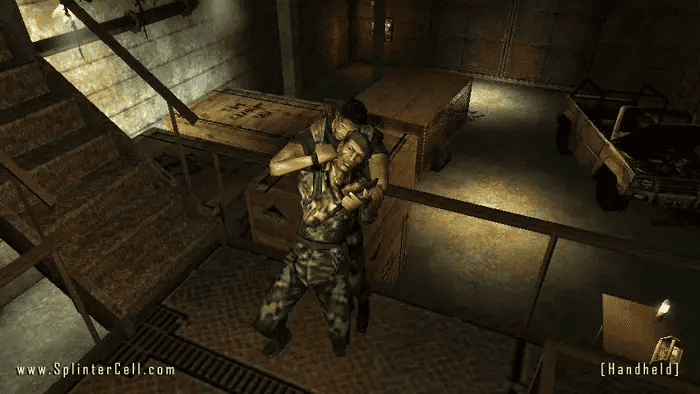
Splinter Cell Essentials was the first and only game of the franchise released for PlayStation Portable (PSP) and received mixed criticism, mainly due to technical problems and a disconnected narrative. Despite presenting unpublished missions and an opportunity to explore more from Sam Fisher’s past, this title failed to capture the essence of the series. Little responsive controls and visuals below the standard contributed to a disappointing experience for fans.
Tom Clancy’s Splinter Cell: Blacklist (2013) – Note: 83
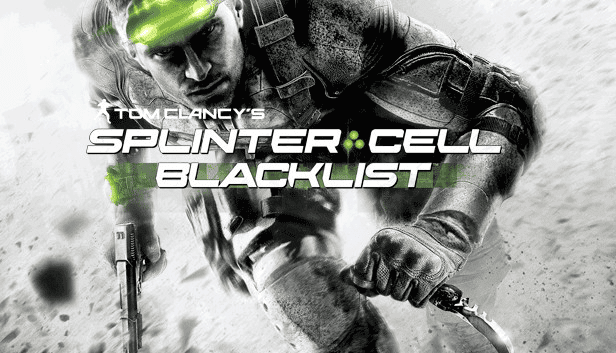
Although Splinter Cell Blacklist has been well received by critics, he is often considered a low point in the franchise due to changes in his approach. The focus on action over traditional stealth has displeased some more purist fans, while Michael Ironside’s absence as Sam Fisher’s voice was a source of controversy.
Although it offers solid gameplay and impressive graphics, Blacklist could not reach the same level of excellence as previous titles and was also marked as the last game of the series so far.
Tom Clancy’s Splinter Cell: Double Agent (2006) – Note: 85

Splinter Cell Double Agent presented a turnaround in the franchise’s established formula, challenging players with significant moral choices that influence the development of history. This nonlinear approach added an extra layer of depth to the narrative, allowing players to shape Sam Fisher’s fate according to their decisions.
With a variety of different missions and endings, Double Agent offered a unique experience within the Splinter Cell universe.
Tom Clancy’s Splinter Cell: Conviction (2010) – Note: 85
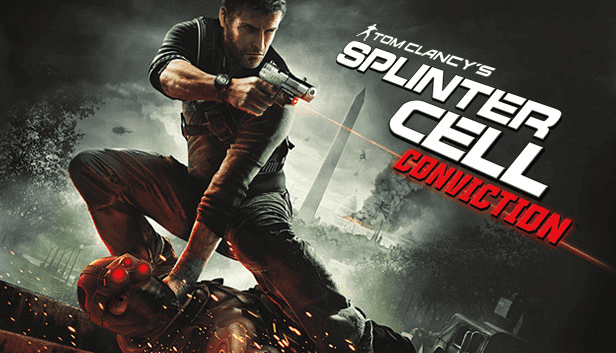
Splinter Cell Conviction brought a more dynamic approach to the franchise, focusing on action and melee combat. Although he shared opinions among the most traditional fans of the franchise, this title was praised for his engaging narrative and innovative game mechanics.
Sam Fisher’s personal story and the search for the truth took him through a path of revenge, resulting in times of high octage and exciting twists.
Tom Clancy’s Splinter Cell (2002) – Note: 93
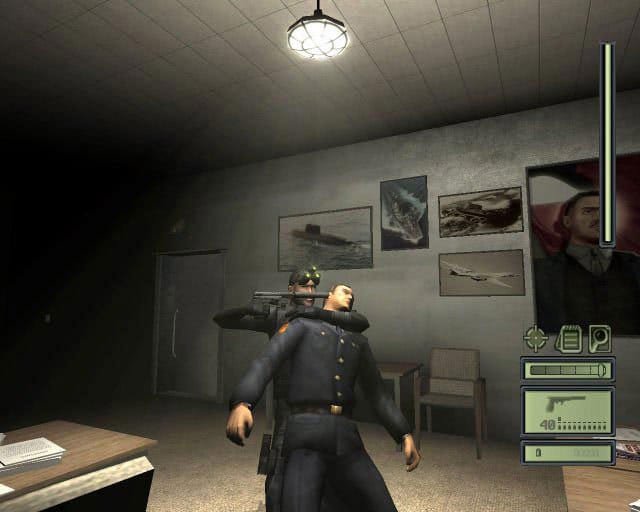
The game that started everything, Splinter Cell established the foundations of the franchise. With an engaging plot and innovative mechanics of stealth, this title introduced the players to the secret agent Sam Fisher and the intricate missions he faces. The dark atmosphere and challenging gameplay made Splinter Cell a milestone in the spy games and secured their place among the best in the series.
Tom Clancy’s Splinter Cell: Pandora Tomorrow (2004) – Note: 93
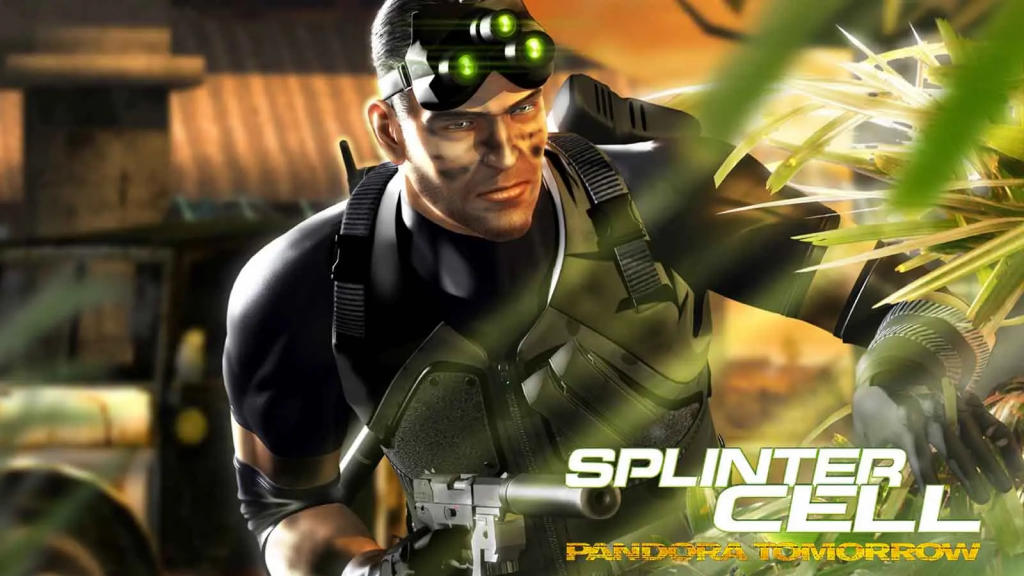
Splinter Cell’s successor expanded the horizons of the franchise, offering new challenges and environments for players to explore. With improvements in more complex gameplay and missions, Pandora Tomorrow kept the high standard established by her predecessor. The addition of multiplayer spies vs. mode. Mercs was also well received, providing a unique online experience that complemented the campaign for a player.
Tom Clancy’s Splinter Cell: Chaos Theory (2005) – Note: 94
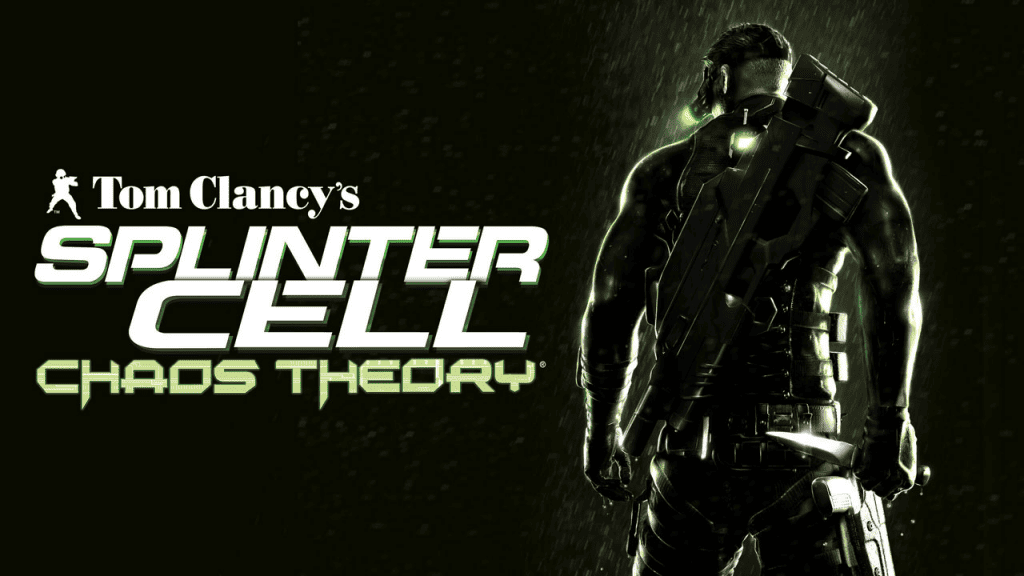
Considered by many to be the height of the series, Splinter Cell: Chaos Theory received a universal acclaim of criticism. With a perfect mixture of stealth, refined gameplay and an engaging narrative, this title raised the patterns of espionage games.
Sam Fisher’s ability to silently infiltrate and neutralize threats is complemented by impressive graphics and an atmospheric soundtrack. Chaos Theory is often cited as one of the best stealth games ever made.
The Splinter Cell franchise has had an exciting journey over the years, with ups and downs reflected the evolution of espionage games. While some titles stood out as brilliant examples of stealth and surrounding narrative, others stumbled into their execution or approach. However, each game contributed to the rich tapestry of the Splinter Cell universe, leaving a lasting brand in the video game world.